The former king of esports, who once prowled the halls of first-person shooters like some virtual god of death, just got back from a golf tournament with his dad. He placed third.
Johnathan “Fatal1ty” Wendel put down the keyboard 10 years ago, and not long after he moved from his hometown in Kansas to Las Vegas. It’s not to live the high life or to go out in a blaze of drugs, sex, and gambling. Vegas is just the perfect place to keep up with friends and business, Wendel said. “Everyone goes to Vegas.” When we talked, he was fresh off six weeks of travel, jetsetting around the country stumping for his brand, his company, and esports, with some leisure mixed in too. (He’s got to make time for the golf tournaments.)
Despite all his accomplishments, Wendel, at the time of our interview, is just 33 years old. He calls Vegas a “young, rich town,” where “everyone comes to make money.” The implication is obvious. Money is something Wendel isn’t shy about. In some ways it’s real life’s way of keeping score—and if there’s anything Wendel’s good at, it’s winning.
Wendel fits the image of a young, white, well-to-do business owner: He wears polo shirts and plays tennis and golf in his free time. He handles personal investments, buying real estate and houses. He uses words like “nest egg” and “portfolio.”
It’s a far cry from the common stereotype of the basement-dwelling, mouth-breathing gamer who can’t remember when he last showered. But “gamer” is the best way to describe Wendel.
Esports is still in its infancy, and it’s produced its fair share of stars—but Wendel is its first. He saw esports grow from a hobby into a phenomenon. He helped take it there, serving as an ambassador for esports around the world and building his own gaming lifestyle brand, Fatal1ty Gaming Gear, something of an Air Jordan of esports.
The esports industry is bigger than ever, with tens of millions of dollars on the line in tournaments watched by tens of millions of people. Even still, it took six years after Wendel retired for someone to topple his prize winnings record of $450,000, a sum earned from 1999 to 2006 in seven different games.
The history of esports is largely yet to be written. Wendel himself sometimes wonders where he fits into its ever growing landscape. He wants to be known not just for his accomplishments —“they speak for themselves”—but also for all the work he’s done promoting esports on a wide scale. Wendel spent years traveling the globe to trade shows and other events to preach the gospel of esports to the unconverted. And Wendel, perhaps more than anyone else, has a personal investment in how that gospel is received.
The future of esports, after all, is the future of his own legacy.
Wendel’s crowning achievement came in the Cyberathlete Professional League World Tour in 2005, one of the progenitors of esports. The CPL was the most prestigious tournament circuit at the time, and the World Tour was its grand vision to make esports large—a year-long tour spanning the globe leading to a massive finale. Wendel was already established as a gaming legend, the winner of major championships in Quake 3, Aliens Versus Predator 2, Doom 3, and Unreal Tournament 2003.
The $150,000 final pitted Wendel against his greatest rival, Sander “Vo0” Kaasjager. The Dutch player won more tournaments in the 2004 first-person shooter Painkiller than anyone, even Wendel. Kaasjager’s movement was legendary. He was a deadly dancer, toying with his prey by running circles around them. In Painkiller, a game where speed kills, Kaasjager was king.
Wendel played more of an all-around style and spent the year-long tour training to catch him. At the Summer CPL event in July, Wendel finally beat Kaasjager after losing to him at the two previous tournaments. But Kaasjager would win in Italy in October, placing higher than Wendel in the last two events leading into the finals.
The event featured the best 32 players in the world, but it was billed as a battle between two: Wendel and Kaasjager, the best Painkiller player ever against the best gamer ever. Wendel called it a “clash between titans… the thing you dream of if you’re throwing a boxing match.” It was inevitable that Wendel and Kaasjager would meet for the championship.
When I told him that finals was one of the most memorable esports games I’ve ever watched, he seemed a little humbled. (“Thanks man,” he said. “Thanks man.”) My closest friend designed one of the maps used on the tour—a virtual playing field players could select for a round of competition (the map, dm_meatless, was Fatal1ty’s favorite)—and we invited two others over to watch the game with us. It was the first esports event I shared with people unfamiliar with the phenomenon. We weren’t sure how more casual gamers would react, but Wendel and Kaasjager delivered. My friends were glued to the screen, hanging on every frag—a term for a kill or point in a first person shooter—and asking about the intricacies of the game.
It was a thrilling match, with Wendel, the nominal underdog, dominating. He was one step ahead of Kaasjager at every turn. He played a methodical and defensive style until securing a kill, and then turned into a tornado of carnage, racking up a big killstreak.
“That World Tour was so much fun,” Wendel said. “We had so many good times competing, and training with my special training partners. It was just a really good time man. I loved it all the way.”
The word “training” doesn’t stand out in the context of traditional sports. But part of what transformed the person Jonathan Wendel into the almost mythical gamer Fatal1ty was his devotion to the professional ethos. His practice sessions became legendary.
Leading up to events, Wendel followed a rigorous schedule. He’d wake up at noon and put in four hours of practice. Then he’d get in some exercise, important for building quick reflexes, before eating lunch and putting in another two hours of play. Next came some relaxation with his friends—whomever he had over to train with—followed by another two hours of play until 4am and sleep. Some days he’d put in 10 hours, or 12.
For big events, Wendel held lengthy training camps behind closed doors. Before the World Tour, he hosted five other contenders from around the world, letting them train at his house near Kansas City, Mo. It was an honor for Wendel to invite you, but you had to play by his rules to get the “best training you can ever get in your life,” as he put it. The sparring partners were under a strict gag order. They couldn’t talk about anything that happened during the sessions. They couldn’t release any in-game recordings, otherwise known as demos. If someone asked what map Wendel was good at, they had to say “all of them.”
Only one person ever broke Wendel’s trust. Rafik “LoSt-CaUsE” Bryant gave a demo to one of his friends to show off how close he’d come to beating Fatal1ty. Wendel learned two things from that: The strategy he used against Bryant didn’t work, and Bryant wasn’t trustworthy. He sent him back home to Texas.
“I never wanted my opponent to feel comfortable around me,” Wendel said. “I always wanted him to fear me. I always wanted him to think, Oh god, that Fatal1ty guy has trained so hard right now, and we’re all just sitting around here chatting it up, bro-ing it up!”
Of course, “bro-ing it up” was exactly what Wendel and company were doing behind closed doors. While he maintained a strict practice schedule, part of the secret to staying focused through weeks of intense preparation was to just enjoy it. And for Wendel, that meant enjoying it with a few friends at his side. During the World Tour training session, for instance, Wendel brought in five other pros to prepare with him for 30 days, each filling a specific role.
One player was a strategy specialist, running every map to perfection. Then there was Brian “Zen” Grapatin, who played a more all-around style. Wendel brought in Mark “Wombat” Larsen, a legendary gamer in his own right, for his talented aiming and knack for strategy. The Finnish Iisakki “Beam” Ahonen used unorthodox and unpredictable aggression. Wendel loved to play Ahonen in particular, who he affectionately called “ice hockey,” since he couldn’t pronounce his first name correctly. Ahonen’s unpredictability didn’t help him much in his own career, but it often put Wendel in situations he had never seen before, allowing him to discover things in practice sessions that he’d never see against more stable players. The mixture of styles allowed him to master every facet of the game.
In current games like League of Legends and StarCraft 2, eight to 12 hour days are the norm. It doesn’t get you ahead, it just keeps you at the top level. Teams are also now introducing coaches into the equation, implementing full-time practice regimens complete with sports-style tape review and workout sessions to maintain reflexes. Wendel was a decade ahead of his time.
In that sense, it’s hard to contextualize just how good he really was, just like it’s impossible to place Babe Ruth in baseball history. Ruth played in a different era, when the level of competition wasn’t as high. What makes the Bambino so impressive is that he was such an outlier for his time, and he did something first—hit a ton of home runs.
It may be a stretch to call the early aughts a different era, especially when some contemporary players are still competing in various games, but Wendel really is a Ruthian outlier. He put up tons of winnings when no one else was. He also did it in multiple games, something that made him relatively unique.
Wendel earned 52.88 percent of his winnings in Painkiller, the most from any one game. In the top 50 earning esports players, the only one close to that ratio is Patrik “f0rest” Lindberg at 64.15 percent in Counter-Strike. No one else cracks 80 percent until Call of Duty player Damon “Karma” Barlow, ranked at 69 on the earnings list.
Wendel’s talent is even more impressive when you consider that Lindberg and Barlow split winnings across games in the same series. Wendel, on the other hand, won major championships in Quake 3 Arena, Aliens Versus Predator 2, Unreal Tournament 2003, Doom 3, and Painkiller. But one of his most impressive feats might be in the game he didn’t win in a tournament.
Quake 4 was dominated by one man: Johan “Toxjq” Quick. The Swedish master aimed like a sniper, methodically decimating his foes with a perfect lightning gun and precision rails. No one could touch him. He won seven straight tournaments in a row through 2006, and followed it up by taking three of four in 2007. To this day it’s still one of the most dominant runs in esports history.
At the World Series of Video Games finals at the end of 2006, the culmination of a year-long tournament series, Wendel became the first player to beat Quick in a best-of-three series. Quick still took the tournament, as Wendel needed to win another series after coming from the lower bracket. But it was an impressive feat, one no one else had managed that year.
Wendel started training Quake 4 seven months after the game’s release, convalescing after his CPL World Tour win the year before.
“I just needed more time,” Wendel said. He wouldn’t have it. Wendel would never play in another competitive tournament.
“Retirement” is an odd concept in esports, considering that most players are going out in their early 20s. Wendel won his last major at 25. For many gamers, “real life hits them in the face,” as Wendel put it. He only bowed out because his genre of choice, dueling first-person-shooter games, was on the decline after Quake 4. Then the Championship Gaming Series came calling, asking Wendel to serve as the face of its new league.
“I was like… This is my calling,” Wendel said. “This is what I’ve been doing for the last eight years. I saw an opportunity to help esports grow even bigger.”
But for all his preaching, Wendel is very realistic about the prospects of going pro. “If you want to be a professional gamer, it’s no joke,” Wendel said. “It’s full time, all-time. There’s no halfway about it.
“You’re literally sacrificing your young youth life to become a professional gamer. You have to sacrifice time, time with family, time with everyone. You’re focusing on yourself on becoming a better player at all times. If you’re out jerking around with a bunch of people, you’re not going to be the best in the world.”
But is it really worth it? It’s a tough question, and one Wendel still struggles with. Today’s professional gamers are much more secure than in Wendel’s era. Many have salaries. There are more events with bigger prize purses. Revenue from streaming site Twitch provides additional income. But it’s still a “hustle,” as Wendel put it.
“Every year, you’re hoping to win as much money as you can, cash in, cash in,” he said. “Fourteen years I held the record in esports earnings, and even that wasn’t enough to live a fully filled life, if you really want to do something special.”
Wendel always had a backup plan if everything went belly up—going back to school—and he thinks it’s important for today’s pros to have a plan of their own, to be thinking two or three years down the line. And to be realistic about it. For every player who builds himself into a big brand, a big streaming personality, there are dozens more with a tenth of the fanbase. Many League of Legends professionals believe they can fall back on careers with Riot Games, but the developer isn’t a retirement home.
Of course, Wendel did manage to make it big. He’s one of the lucky ones, if you can call it that, considering how much effort he put in. But effort doesn’t guarantee success. Even Wendel didn’t win all the time.
One of his biggest failures happened in 2002, when he failed to qualify for the World Cyber Games. Instead of fuming about the loss, Wendel turned to a completely different game, training in Unreal Tournament 2003 for the CPL Winter. MTV offered to film him on this quest to conquer a new game. The result was MTV True Life: I’m a Gamer, a documentary in which Wendel had the starring role—and which would propel him to mainstream fame.
“For nine years MTV was re-airing my show,” Wendel said. “I constantly get exposure, media. You can’t even pay for that. You’d pay millions to get that kind of advertisement for your company. I’m getting that for free every day.”
It wouldn’t have happened if Wendel had won the WCG qualifier, he said. If he had, he would have gone on to the World Cyber Games. Maybe he’d win. Maybe that would have opened a different door for him. Wendel likes to look at life as a series of opportunities—the secret is seizing them.
If you search for Fatal1ty on Google today, one of the top image results is him holding something called “Cashews of Chaos” with that trademark trying-too-hard-to-be-cool scowl on his face. The nuts, oddly enough, are one chapter in his post-retirement career. In this case, one he’d rather forget.
As his career took off, Wendel tired of relying on sponsors to keep up with his competitive needs. In 2002, he decided he could do a better job monetizing his success on his own, so he founded his own company. He made $50,000 in his first couple of months selling mousepads out of his room. The first thing he did with it was turn around and sponsor some other gamers.
Shepherding the company is now “basically” Wendel’s full-time job. The company has grown into a global brand synonymous with quality gaming products ranging from mousepads to motherboards and everything in between. Wendel calls it a brand for gamers by a gamer, not just a company trying to exploit the demographic. He likens it to Nike—what Nike is to sporting goods, Fatal1ty is to esporting goods.
The nuts became a particularly touchy subject with Wendel, however, considering how protective he is of his brand.
In 2011, he was approached by a company called Gamer Food, which produced nuts covered with energy supplements, with names like “Seeds of Victory” and “Nuts of Destruction.” He endorsed the product because GamerFood was supposed to produce a Fatal1ty-branded product for him—a caffeinated gum for gamers, so gamers could stay sharp through long play sessions. During his playing career, he was deathly afraid of falling prey to a food coma—when you become sluggish after eating too much because your blood has moved from your brain to your stomach. During tournaments, he’d eat breakfast and then fast until the final match of his day, only drinking water. Studies show that chewing gum increases concentration, and adding caffeine would only help gamers stay sharp during a long day, without some of the downsides of other similar products.
But GamerFood never followed through on the deal, leaving Wendel and his Fatal1ty name forever associated with the “Cashews of Chaos.”
“I definitely turned down some deals for sure,” Wendel said. “You turn some down. You accept some. You roll with the punches. Gamer Food was definitely the punches.”
One reason why the Gamer Food ordeal so irks Wendel is his obsession with image. His company and his business are centered around a brand carefully crafted around a persona that took him years to cultivate.
In the mid-‘90s, when Wendel first needed an alias to identify himself online, few people realized the potential ramifications of the decision. But Wendel knew he wanted a name that could stand the test of time, one that he’d be happy with when he was older and potentially wiser.
“My friend used Taco,” Wendel recalled. “I was like, ‘Taco is not going to be cool in 10 years, man.’ These names carry longevity… I thought Fatal1ty would stand the test of time. I I kept thinking, ‘Do I want to be nicknamed Burrito?’ I don’t think so.”
At the time Wendel never thought “Fatal1ty” would become a world renowned brand. He just took a term from one of his favorite games, Mortal Kombat, and made it his own. “I loved it when the guy ripped the guy’s head off, and it said Fatality! I loved it. In the games I loved I played, I’m killing my opponent. I’m trying to create a fatality every time I play a game.”
The Fatal1ty brand is now perhaps more famous than the man himself. For all his 12 world championships, $450,000 in winnings, and Lifetime Achievement Award for esports (awarded in 2011, when he was 31), it’s the Fatal1ty logo, with its lightning bolt strapped to the side of boxes filled with premium hardware, that’s relevant now. Some of the guys Wendel golfed with in San Antonio, for example, didn’t know anything about professional gaming or Wendel’s accomplishments. But they knew Fatal1ty products.
That’s certainly a victory for Wendel and the company he created, but in many ways it’s a shame. People will always remember Michael Jordan first and foremost for his six NBA Championships, not his Air Jordans. Wendels’ accomplishments in the server deserve to be remembered.
Of course, there’s another side. One of the TSA agents that ushered Wendel through security on one of his flights last month recognized him. “I know you. Jonathan Wendel!” he said, before snapping a picture with him.
That kind of interaction is fairly common for Wendel, though not the “constant” adulation he endured during his prime, when he appeared on MTV and 60 Minutes. “People definitely recognize me sometimes, but the thing they recognize most is the name,” he said. “Everyone knows the name Fatal1ty.”
But while they know the name, and maybe some of the buzz associated with it, that’s it. They don’t understand what it took to build that name, what it really meant to be the first. Wendel is certainly proud of what he was able to accomplish in game but more proud of how he did it. There were no examples for him to follow, no role models.
One story that’s become part of his legend shows this best: It was 1999. Esports wasn’t even a term yet. Wendel, just 18, was often at odds with his parents. His mother didn’t support his pro gaming dream, so he moved in with his father. His dad was skeptical too. But he gave the kid one chance to prove it could work. So Wendel spent $500 to travel to a tournament in Dallas. When he got home, he slapped a check for $4,000 on his father’s table.
The rest is history.
A version of this story was originally published on the Kernel on Oct. 14, 2014.


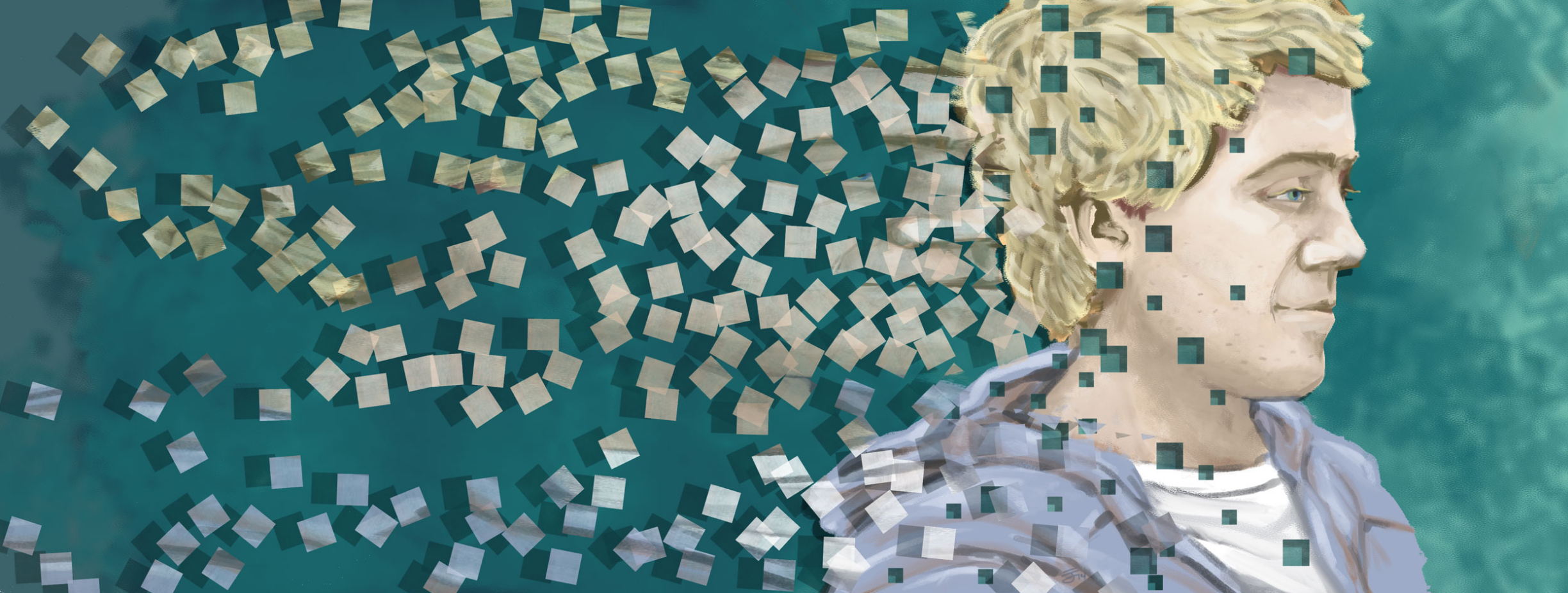

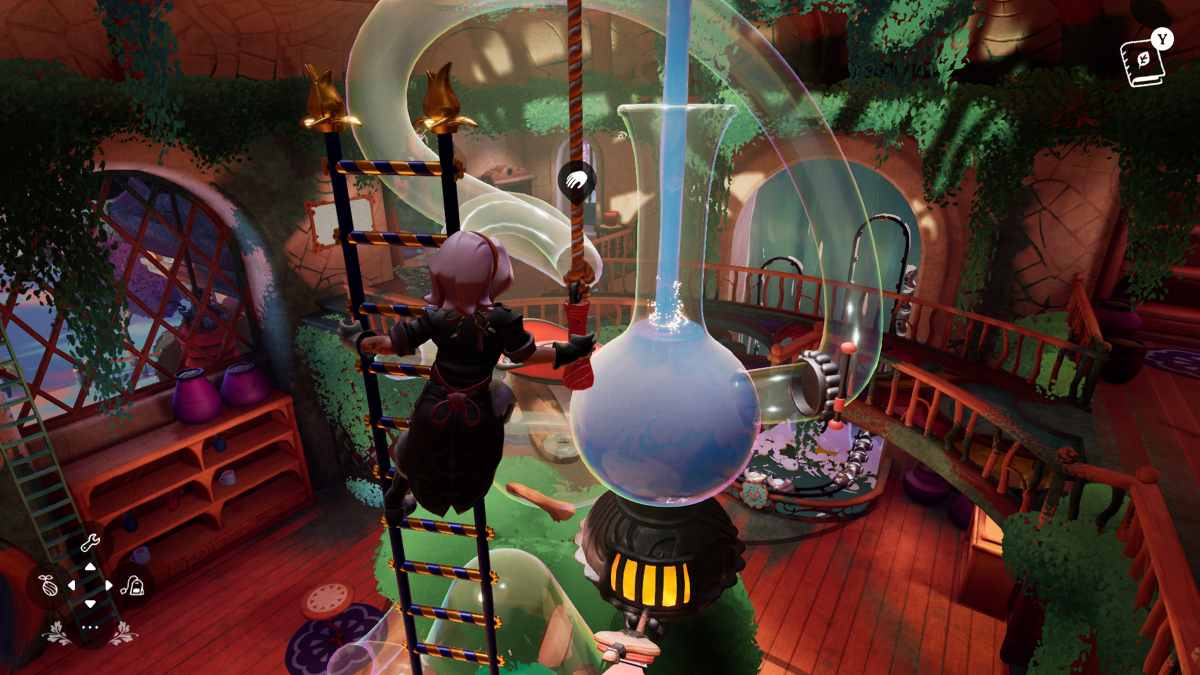
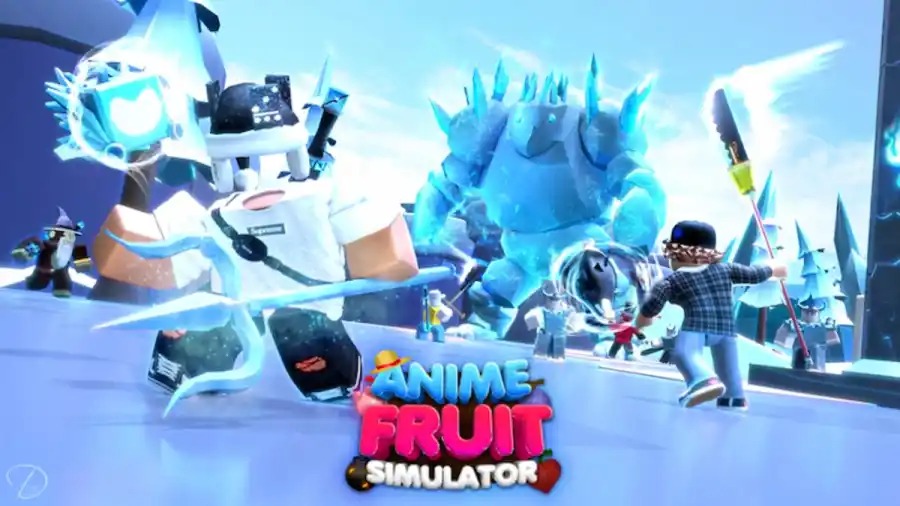
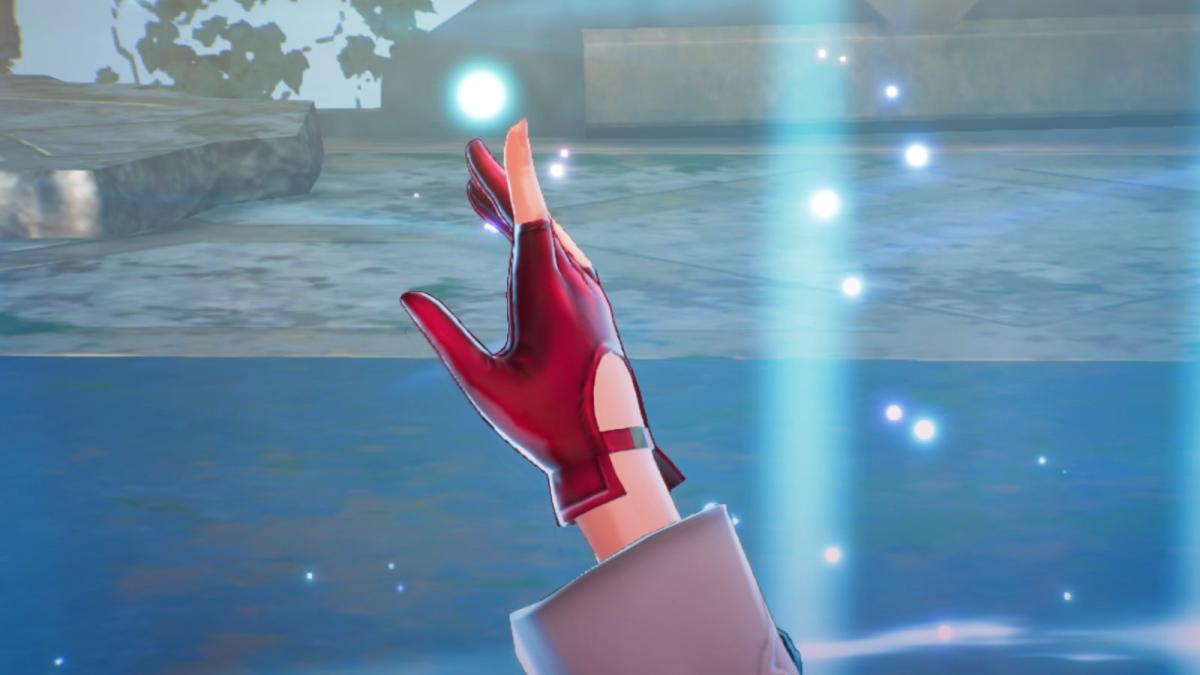
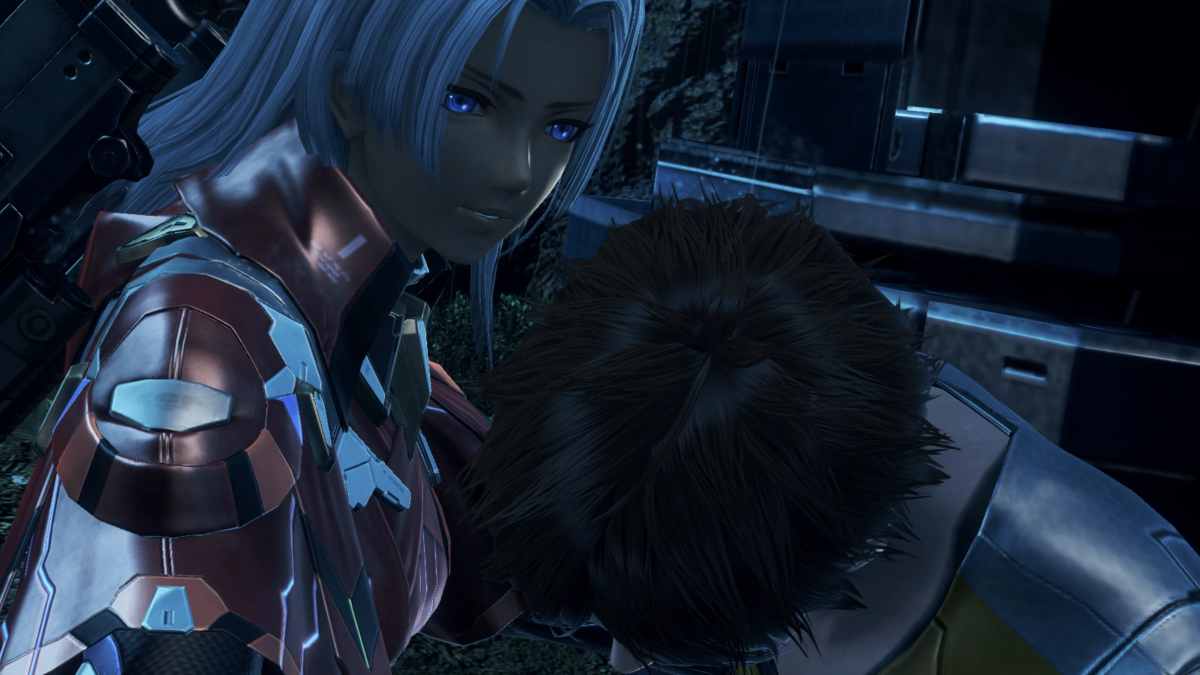
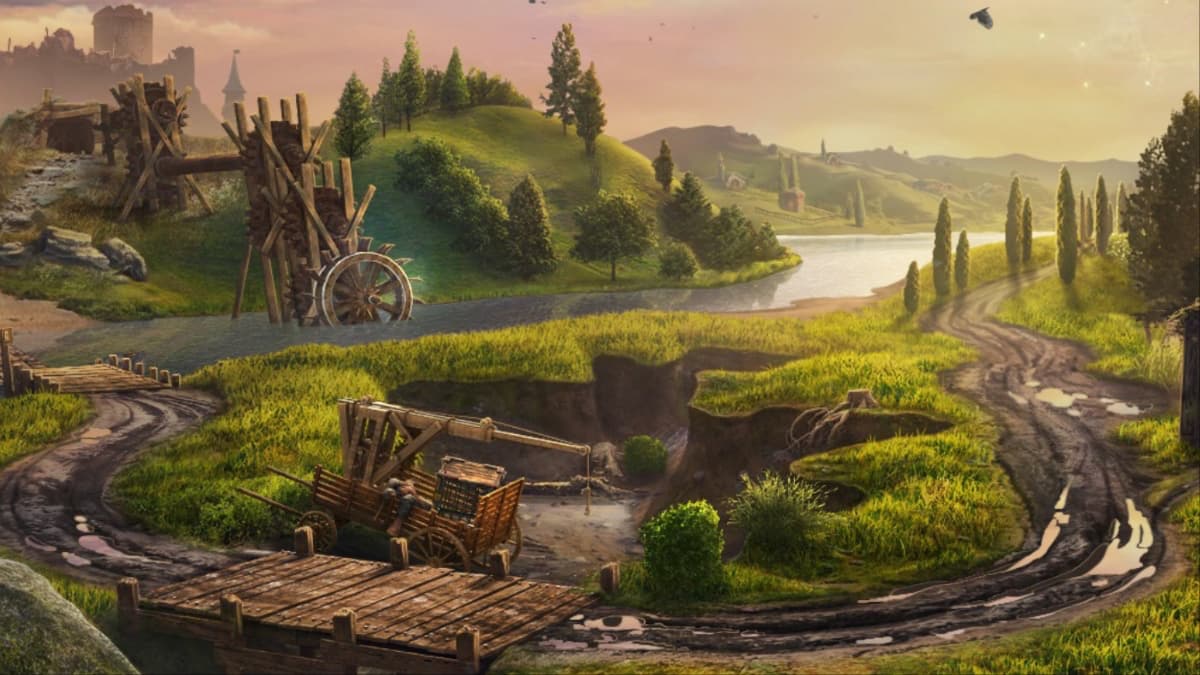
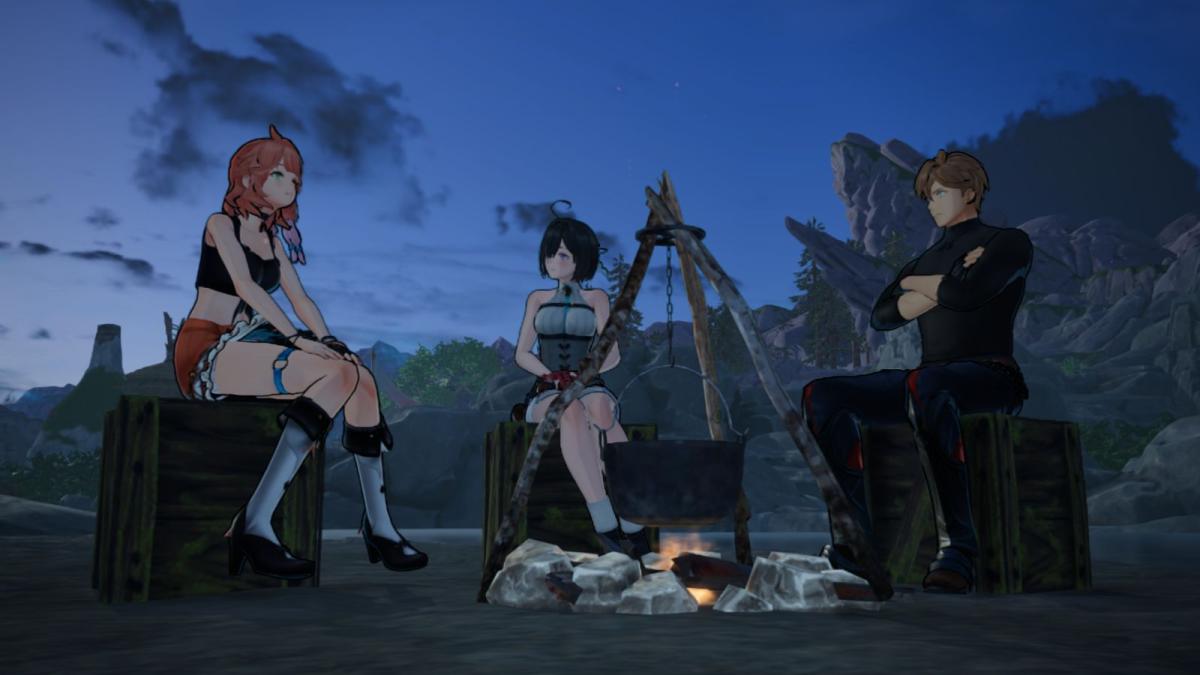
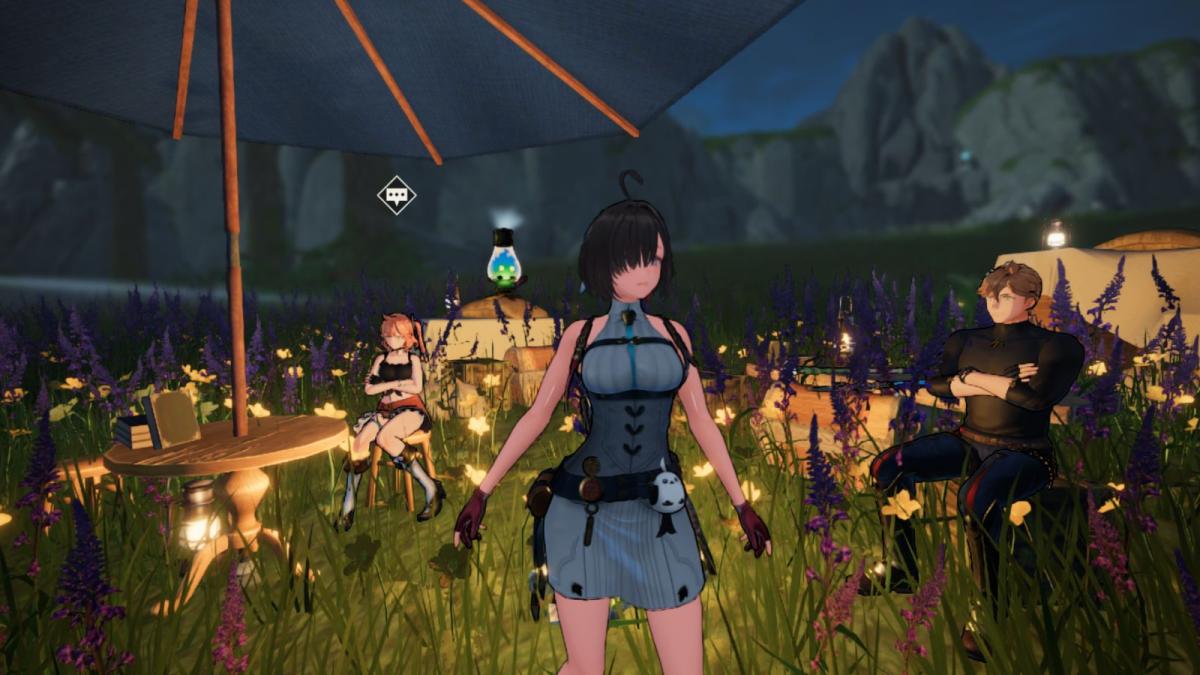
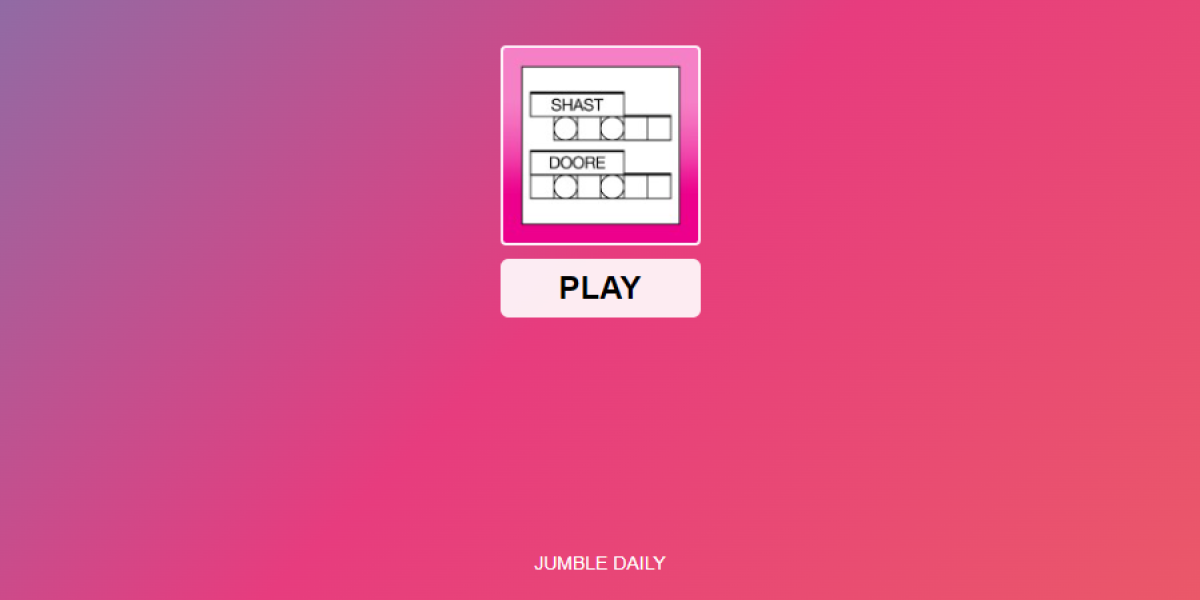
Published: Aug 31, 2016 03:47 pm